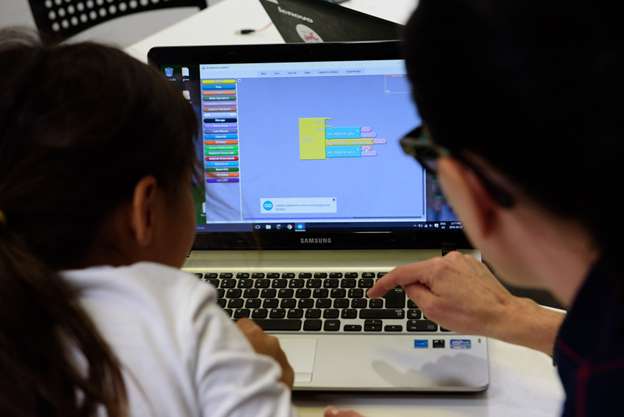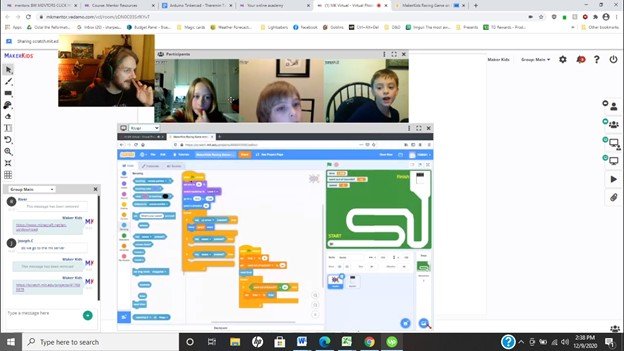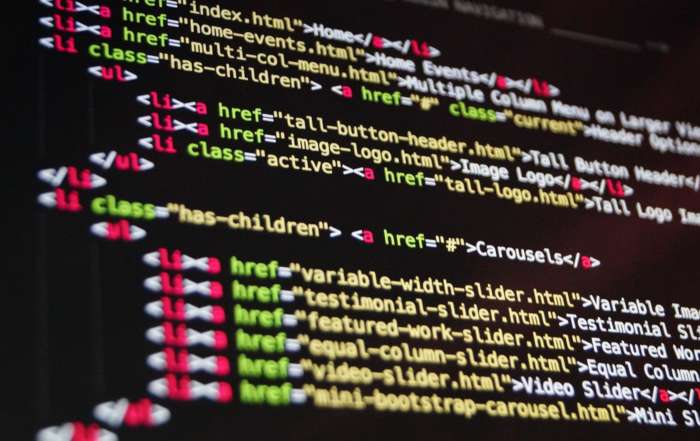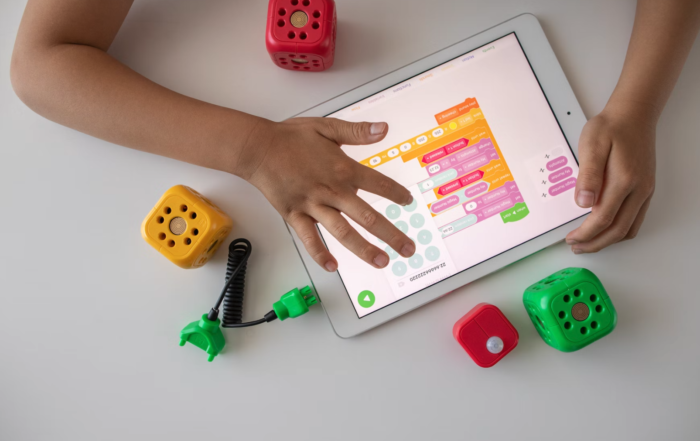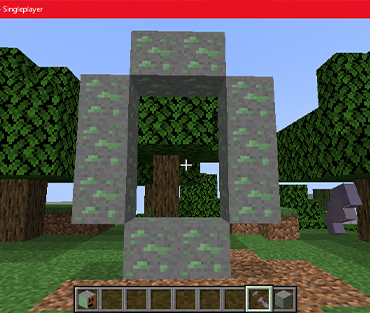Think about the habits you and your children have, not the bad ones like biting your nails! We’re talking about the positive ones like exercising, reading, etc. How did you make them something that you do daily? Chances are you practiced them and found ways to incorporate them into your and your children’s lives.
Believe it or not, you can do the same when it comes to computer programming. Computer programming doesn’t have to be something that your child only does in a weekly class. It can be something that they can turn into a daily habit.
How can you help them do that?
We have some tips to help you make it easy!
Creating a Computer Programming Habit
A habit is a routine behavior. How do we get into a routine? We set aside time for it and we follow it consistently.
When it comes to computer programming, you can first help your child by setting up a time they will do it every day. Think of this as a cue for them. For example, if you set your computer programming time for 4:00 p.m., that time is a cue to let them know that it’s time to get to work.
Over time, this cue will turn into a routine. Your child will know that every day at 4:00 p.m. they have to spend some time coding. Hopefully, they’ll find this fun and rewarding and will see it as a fun habit, not as a chore.
Once they establish a routine, you need to help them set a goal. What do they hope to accomplish during this daily programming habit? Is there a project they are working on? Are they doing exercises to improve their skills? Whatever it is, having a goal can make the habit easier to fall into. If they know there is a reward at the end, like having a really cool video game to play, they may be more likely to keep going. This process of cue, routine, and reward is a well-known habit loop that many people use to help them establish activities they want to do every day.
You can help your child make computer programming a daily habit by encouraging them to be creative. Ask them how coding can help them create something they’ve always wanted? This will get their minds going and spark their creativity. Once this happens, the sky’s the limit. They may not only make a computer a daily habit, they may do it more than once a day…especially if they want to reach their goal and get their reward.
Another way you can help make computer programming a daily habit in your child’s life is to look for a problem that needs to be solved. We all know that coding improves problem-solving skills. What project could your child work on that would solve a problem? Once you establish the problem, instill in them that it will take commitment (a.k.a. daily coding) to solve it. Hopefully this will be enough incentive to want to carve out time each day to code. If not, then maybe you need to find another problem that needs to be solved that they are more interested in doing.
Making coding a social activity can also help to turn it into a daily habit. If your child has a friend or group of friends who also enjoys coding, they can set up a meeting time virtually every day to work on their project. This can help to motivate them to want to code because they’re with friends while working on their project.
The Bottom Line
When it comes to making computer programming a daily habit in your child’s life starts with the process of:
- Cue
- Routine
- Reward
This can help your child get into a rhythm and look forward to coding every day. Other ideas include:
- Encouraging them to be creative
- Look for a problem that needs to be solved
- Make coding a social activity
At MakerKids, we utilize all of these methods in our coding classes. Children are always urged to use their creativity to set goals as they work on their projects. We also help to make coding a social activity in our online classes. All of our classes are grouped by age so that children are always working with their peers. For more information on our coding classes, call us at 1-844-MAKERKIDS or reach out to us online.
Also Read
How Coding Classes Can Lead to a Career in Coding
Often, children are asked the question, what do you
Digital Creativity Unleashed: Coding as a Creative Outlet for Kids
When children learn to code, they’re not only learning
Unlocking Creativity: How Minecraft Can Foster Imagination and Innovation in the Classroom
Many people think of Minecraft as just a game
